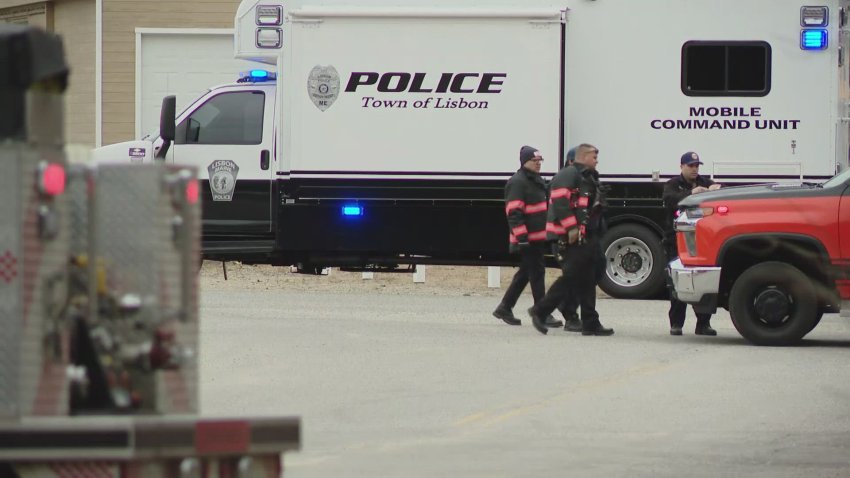

The Latest
-

Wilyer Abreu walks it off for Red Sox in thrilling win vs. Cardinals
Wilyer Abreu stayed red-hot as he propelled the Red Sox over the Cardinals in extra innings for Boston’s fourth straight victory.
-

Celtics-Wizards recap: C's catch fire from 3 in blowout victory
The Celtics steamrolled the Wizards in Sunday’s showdown at TD Garden, 124-90.
-

Visas revoked for 5 international students at UMass Amherst
Five international students attending UMass Amherst have had their visas revoked, according to a statement from the university.
-

Karen Read trial | What to expect in week 2 of jury selection
Here’s what to look for in week two of jury selection in the Karen Read trial and why one legal expert has concerns about how quickly jurors are being seated.
-

Mayor Wu kicks off her reelection campaign
Boston Mayor Michelle Wu kicked off her reelection campaign on Saturday.
-

Thousands march in Boston ‘Hands Off' rally protesting Trump administration
This is part of a national movement, with organizers expecting 25,000 people to turn out for the march in Boston
-

One dead, one seriously hurt after fire breaks out in Lowell
Police say a fire Friday night in Lowell, Massachusetts, is being treated as a crime scene
-

Jaylen has jokes for Porzingis after big man's nasty cut on nose
Jaylen Brown couldn’t resist having fun at Kristaps Porzingis’ expense after his Celtics teammate took a shot to the nose Friday against the Suns.
-

Buffer zone in Karen Read retrial prompts federal lawsuit
Judge Beverly Cannone expanded the buffer zone around Norfolk Superior Court in Dedham, Massachusetts, beyond its extent during Karen Read’s first trial
-

Looking to get away for spring break? You can still snag a last-minute deal
Travel expert Katy Nastro says with deals still available, it’s not too late to think about a spring break trip
-

‘The cost is lives': Democrats push back against federal cuts
Concern is growing for many across Massachusetts as federal cuts from the Department of Government Efficiency remain front and center. Democrats warn that Medicaid is in the crosshairs, along with the Boston office of the Low-Income Home Energy Assistance Program. “The cost is lives,” said Rep. Seth Moulton, D-Massachusetts. “The ... -

Red Sox put new ‘Wally' HR celebration to use in 13-run home opener
The Red Sox unveiled their new home run celebration in emphatic fashion during a 13-run explosion in their 2025 home opener.
-

3 seriously injured in Springfield shooting
A shooting in Springfield, Massachusetts, left two men and a woman with serious injuries, police said
-

Celtics-Suns recap: C's make NBA history in dominant 123-103 win
The Celtics got back in the win column in resounding fashion Friday with a 20-point win over the Suns. Check out our full game recap and analysis.









